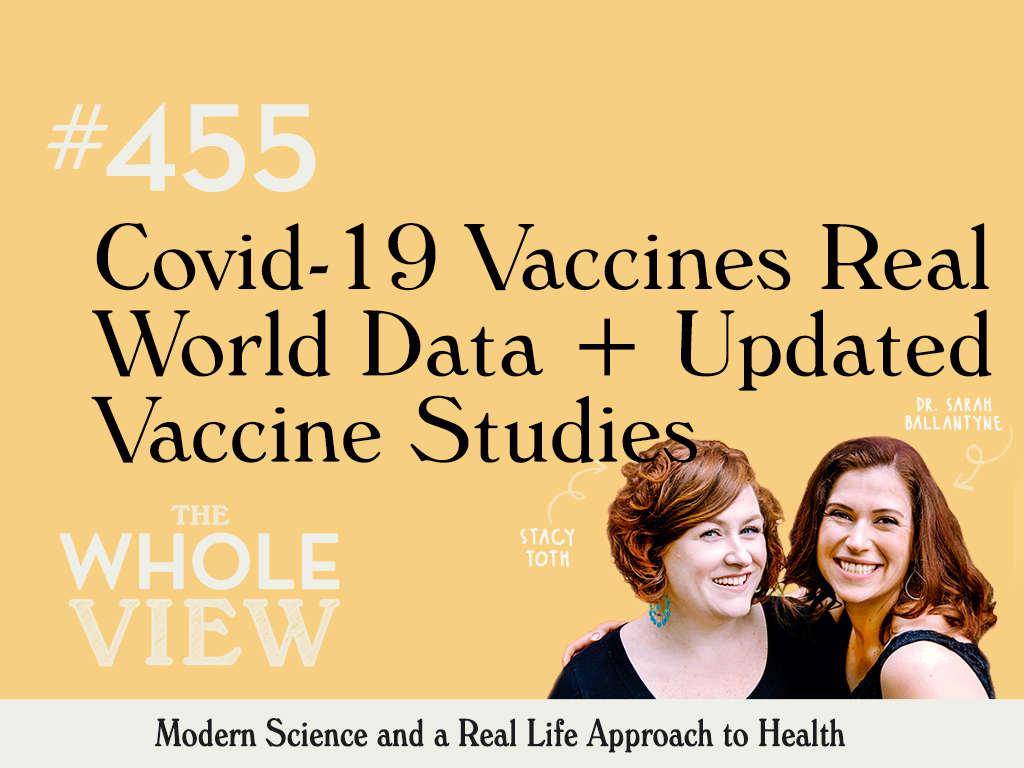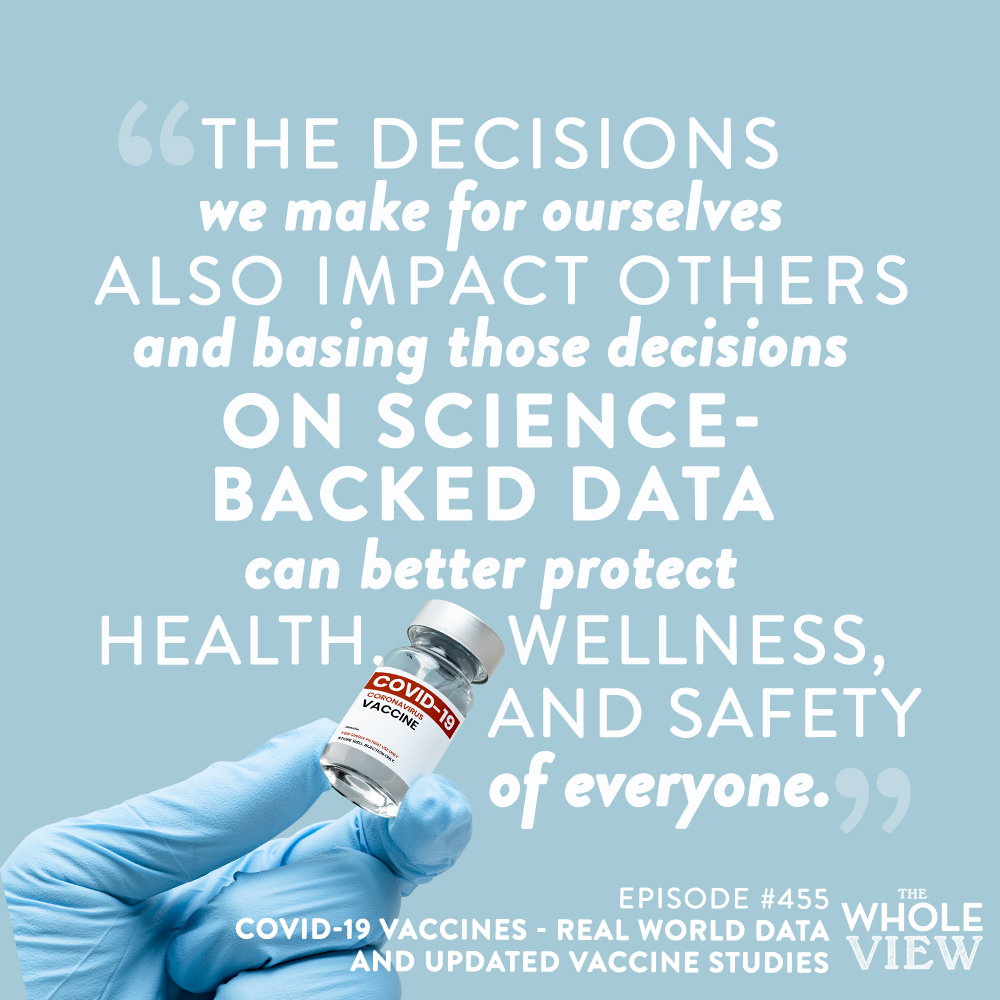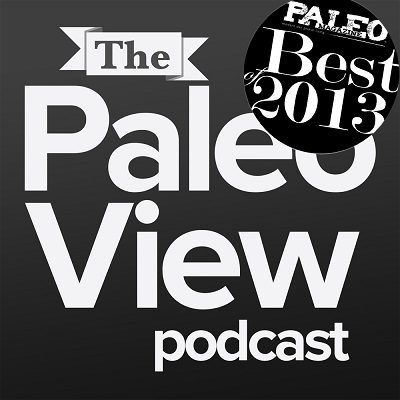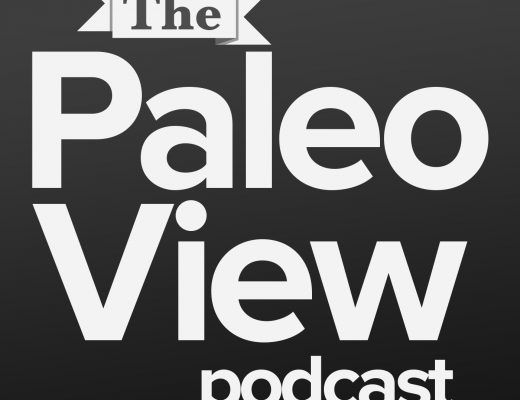
Welcome to episode 455 of The Whole View! This week, Stacy and Sarah discuss the data from updated vaccine studies in terms of what we knew in previous episodes.
If you enjoy the show, please review it on iTunes!
The Whole View, Episode 455: Covid-19 Vaccines – Real World Data and Updated Vaccine Studies
Welcome back to episode 455! (0:28)
This is the next part in a series of shows where Sarah and Stacy discuss the science behind the Covid-19 vaccines.
Sarah and Stacy will be discussing updated vaccine studies from previous episodes. So be sure to check those out before jumping right in:
In episode #440, we examined the history of vaccines, the very real statistics on vaccine-induced injury, and the advances that led to mRNA vaccine technology, along with the inherent advantages of this platform.
Episode #441 looked at the safety and efficacy data from the phase 2/3 clinical trials for both the Pfizer/BioNTech and the Moderna covid-19 vaccines, including subgroup analysis.
In episodes #443 & #444, we answered listener FAQ, including concerns about adverse events including autoimmune disease, fertility, antibody-enhanced infection, the current state of evidence regarding safety concerns for pregnancy and children. We addressed common myths circulating on the internet.
And last week, on episode 454, we looked at how adenovirus vaccines work and the safety and efficacy data from the phase 2/3 clinical trials for both the Johnson & Johnson & Janssen and the AstraZeneca/Oxford University vaccines, including a deep dive into immune thrombotic thrombocytopenia (what the news is reporting as a rare type of blood clot).
All five episodes took a data-driven approach, presenting the science and facts with context, detail, nuance, integrity, compassion, and as objectively as possible.
Stacy reminds listeners that she and Sarah are not medical professionals or here to tell anyone what to do. Their only goal is to pass along the science to allow you to make an informed decision that works best for you.
Personal Experiences with Covid & Vaccination
Sarah and Stacy first share their personal experiences with Covid-19. (7:01)
As many may remember, Stacy got Covid in April of last year and is one of the estimated 10% that end up with “long hauler” Covid.
She shares how that’s impacted her life for the last year and techniques she’s utilized to cope with it, such as focusing on nutrient density and getting enough sleep.
Stacy also took the first vaccine appointment she gets, which was for Moderna. She talks a bit about the mild side effects she experienced. And how the vaccine has actually shown treatment benefits to people, like Stacy, that have developed long-hauler symptoms.
Sarah, on the other hand, was lucky enough to avoid getting infected with Covid. She and her family have lived relatively isolated for the past year. And she is looking very forward to seeing people outside of her immediate family again.
She managed to book a vaccine appointment that was a cancellation. So she had about 3 hours’ notice to get there and had no idea which vaccine she was getting. Although, she would have taken whichever they had available.
She shares what side effects she experienced after vaccination, which were a little more on the moderate side than many.
Stacy notes that one of the things she appreciates in previous Covid shows was that Sarah looked into the possibility of adverse side effects.
She notes, however, that if the audience doesn’t hear about any of those adverse effects in this show, Stacy and Sarah aren’t ignoring them. It’s because they covered them in other shows.
Updated Vaccine Studies on mRNA Vaccines
Last week, Sarah talked about how the mRNA vaccines slightly altered the spike protein to maintain its prefusion conformation. (24:35)
She erroneously said postfusion. And, this makes sense since we want the immune system to neutralize the coronavirus before it binds to our cells.
Pregnancy & Lactation
There’s a lot more data available for how the vaccine impacts pregnant women than when Sarah previously covered it. (25:55)
V-safe is the community monitoring program for the vaccine. Sarah recommends every sign-up for it regardless of if you’re pregnant because it’s where a lot of this data comes from.
It even allowed for this study on pregnancy outcomes.
A total of 35,691 v-safe participants 16 to 54 years of age identified as pregnant received either mRNA vaccine.
Authors conclude:
“preliminary findings did not show obvious safety signals among pregnant persons who received mRNA Covid-19 vaccines. However, more longitudinal follow-up, including follow-up of large numbers of women vaccinated earlier in pregnancy, is necessary to inform maternal, pregnancy, and infant outcomes.”
This prospective study in pregnancy & lactation study included 131 participants pregnant and lactating women.
No differences were noted in reactogenicity across the groups. Vaccine-induced immune responses were significantly greater than the response to natural infection. And immune transfer to neonates occurred via placenta and breastmilk.
Another lactation study in Israel took breastmilk samples from 84 women for 6 weeks starting 2 weeks after 1st shot.
Sarah explains that this indicates getting the vaccine while pregnant or breastfeeding is protective for the fetus and/or baby.
All studies showed zero increased concern for pregnant women as compared to nonpregnant women.
Sarah does note, however, that pregnancy puts you at greater risk for a more severe infection of covid-19, as well as a greater risk of mortality.
Real-World Data & Breakthrough Infections
Sarah reminds listeners of the roughly 95% effectiveness shown in the phase 2/3 clinical trials for both mRNA vaccines. And that studies defined infection as 1 or 2 symptoms plus positive test. (36:01)
We now have studies showing effectiveness against asymptomatic infections too!
A study of providers tested 3,950 healthcare personnel, first responders, and frontline workers with no documented SARS-CoV-2 infection in six states between Dec. 14, 2020, and Mar. 13, 2021.
They were tested every week, meaning this study captured asymptomatic and symptomatic infection.
Under real-world conditions, mRNA vaccine effectiveness of full immunization was 90% against SARS-CoV-2 infections regardless of symptom status. And Vaccine effectiveness of partial immunization was 80%.
A study of pre-procedural screening at Mayo Clinic looked at 39,000+ asymptomatic adult patients screened before procedures that mainly required general anesthetic. 1 dose prevented 72% of asymptomatic infection, and 2 doses prevented 80% of asymptomatic infection.
Sarah generalizes a: 10% to 20% breakthrough infection rate, ½ to ¾ of which are asymptomatic, and the vast majority of the remaining are mild to moderate cases after vaccination.
This is amazing news – it means the vaccines prevent even most asymptomatic infections and stop 80% to 90% of people from passing along the virus. This is great news for herd immunity!
Here is even more real-world breakthrough infection data.
Updated Vaccine Studies for the Second Dose
An analysis of cases the week of April 12-18 showed ~21,000 of the roughly 470,000 people who tested positive for covid-19 had received their first dose only. Most of this happened within the first two weeks before hitting that 70-80% effectiveness. (43:45)
The second dose not only increases your individual protection but it’s also designed to make your immunity last longer.
Approximately 8% (that’s about 5 million people) have skipped their second dose.
This is due to vaccine distribution centers not having the same kind or running out, people getting scared by the side effects of the first dose, or think they only need one dose because they had covid-19 already.
Even if you have a breakthrough case, you may not be as contagious as if you weren’t vaccinated. That is not to say you aren’t contagious!
Israeli researchers found that people who had been vaccinated with the Pfizer-BioNTech vaccine and later contracted an infection had lower viral loads than unvaccinated people who contracted an infection (source here and source here)
The higher the viral load, the more virus is shedding, which means you’re more contagious.
This is great for herd immunity! But it’s also why it’s still prudent to wear a mask indoors or in crowded outdoor areas, socially distant when possible, and wash hands properly and prudently even after getting vaccinated.
How long? Until infections are at a low enough level that we can go back to contact tracing every infection.
Variants of Concern Coverage by Vaccines
Sarah reminds listeners that Covid-19 is a very slow mutating virus. (52:25)
However, due to its high rate of transmission and infection, it has had many opportunities to mutate. And this is where we’re getting the different variants reported around the world.
However, these variants are still not different from the original virus to be considered different strains.
Recent research from Pfizer looked at 44,000 people worldwide and found that the vaccine remained 100% effective against severe disease and death. This included people in South Africa who were predominantly exposed to the B.1.351 variant.
Real-world data also shows that the Pfizer vaccine held up against the B.1.1.7 variant, which was first detected in the United Kingdom.
Even in an area where B.1.1.7 was the dominant strain, the vaccine was 97% effective against symptomatic COVID-19, hospitalizations, and death.
Pfizer and Moderna are both testing the 3rd shot that we could get as early as this fall. Both will be a booster to prolong immunity. However, they will offer more complete coverage for the variants of concern, including B.1.351, B.1.1.7, and P1.
Monoclonal Antibodies for COVID-19
There are also some interesting antivirals being tested. These would be similar to Tamiflu but for covid and hopefully with better efficacy. (1:01:30)
There are some promising therapies, too, including monoclonal antibody therapies. They need to be infused (IV) but are highly efficacious. This is especially true when given early in the disease course.
Eli Lilly’s Bamlamnivimab is also a cool treatment for exposed people but not necessarily infected yet. Regeneron’s Casirivimab and Imdevimab are other notable treatments being studied.
Sarah adds that some drugs are still used to prevent or treat Covid when there’s no science for it. Hydroxychloroquine is still used in some circles and shown to potentially worsen outcomes. And now we see Ivermectin, which is an anti-parasitic mainly used for animals. Neither are safe or studied!
There is no natural remedy for fight Covid-19. There are things you can do better your health to better prepare or to take precautions. But without science, this isn’t something that’s going to naturally go away.
Data from updated vaccine studies show a very low chance of catching covid-19 from surfaces (about 1 in 10,000).
It’s still prudent if someone in the house has been exposed or has it, for example. But we can stop disinfecting groceries.
You can skip wearing a mask outdoors if you can socially distance but should still wear one in crowded outdoor spaces, especially if already vaccinated.
Wearing a mask indoors is still super important. 6 feet is not enough indoors without a mask, and, depending on airflow, 30 feet is what science suggests. With everyone wearing a mask, studies of kids in schools show 3 feet is a safe distance.
The best prevention is vaccination combined with masks, distance, and hygiene.
Notable Updated Vaccine Studies
Menstruation irregularities should be added to the vaccine side effects list. (1:09:30)
This is finally being studied, but we don’t currently have an estimated frequency like other side effects.
One thing researchers are doing is to look at the frequency data after the HPV vaccine.
The vaccine was associated with increased age-adjusted odds of hospital visits for an abnormal amount of menstrual bleeding, irregular menstruation, and severe headaches.
Sarah explains this is due to cortisol which increases during infection. This increase is directly related to disease severity.
There is a large cross-talk between the HPA axis, thyroid, sex hormones, and immune system.
Menstrual irregularities are caused by dysregulated cortisol and can also happen after infection. It’s a normal side effect of the flu, for example.
Illnesses can sometimes pause ovulation and delay your period. Stress from the flu can lead to changes in your periods or even amenorrhea. This was studied in a clinical trial in influenza vaccine as well!
There is no information supporting permanent fertility issues.
Pfizer has asked for its EAU to be extended to 12 to 15-year-olds. We’ll have that detailed data to pour over soon, but what we know so far:
- 2,260 younger adolescents ages 12-15
- 100% efficacy against symptomatic infection
- This study used the same two-shot regimen that is being used in adults.
- The study also found that younger adolescents who received the vaccine produced more coronavirus antibodies than 16- to 25-year-olds in an earlier study.
- Vaccine side effects were similar to what was seen in this older age group.
Stacy reminds listeners that kids can be asymptomatic carriers, and we don’t know what this could do to children’s health long-term.
Sarah also explains that different variants can affect the younger age groups differently than the original virus. For example, outbreaks could cause more severe infections in children and young adults.
Final Thoughts
Stacy loves how inquisitive this audience is and how dedicated you are to science. (1:28:01)
Did you hear about what Spain is doing?!
If you have any additional questions or concerns regarding these covid shows, Stacy and Sarah encourage you to reach out on Patreon.
If you haven’t joined the Patreon family yet, your subscription goes directly to supporting this podcast. You’ll also gain access to bonus content, including what Sarah and Stacy really feel about the topics they discuss.
Plus, any questions or comments submitted through Patreon take precedence!
We appreciate you! Thank you so much for listening, and we will see you next week!





